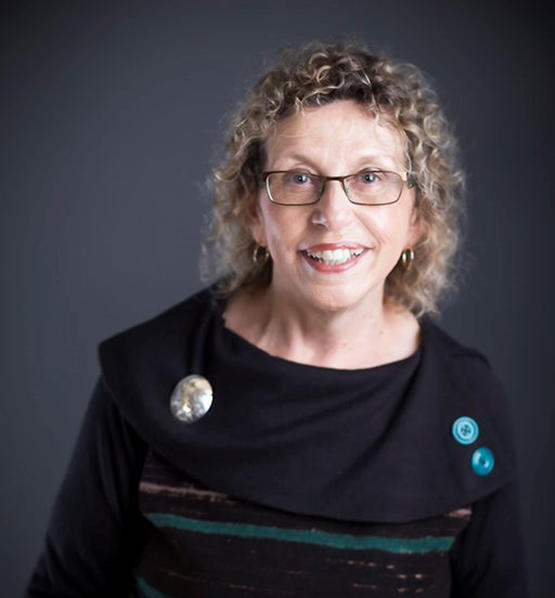March 15, 2021
Indigenous lecture series welcomes reconciliation and ally educator Paulette Regan

The UCalgary Indigenous Strategy, ii’ taa’poh’to’p, calls on us all to learn more, do more, and reflect upon our place as “good neighbours” in the journey toward reconciliation. For Dr. Paulette Regan, PhD, reconciliation between non-Indigenous and Indigenous Peoples is “not something an ally can ever say is finished.” Moving forward with reconciliation requires a commitment to continuous growth, an open heart and a reflective mindset, she says. In this way, the restoration of Indigenous and non-Indigenous relations requires honesty, cultural humility and listening with the heart, which may lead to difficult truths.
When starting the journey of becoming an ally in reconciliation, “we can begin by doing our own decolonizing within ourselves first,” says Regan, director of research for the Truth and Reconciliation Commission of Canada. For her, decolonizing boils down to asking oneself if what one is doing can genuinely be considered decolonization. “It’s about challenging your thinking and reflecting on everything from within and outside yourself,” Regan says.
The title of Regan’s 2010 book, Unsettling the Settler Within, is a nod to the discomfort of self-examination that needs to occur before an ally’s good intentions can result in respectful, mindful, and respectful action A considerable part of the ongoing reconciliation and decolonization process is the uncomfortable, yet vital way allies should learn to understand themselves in situations when they feel uneasy and possibly in a challenging position.
Being an ally requires constant reflection, Regan says. “What we do with those emotions says a lot about our thinking process, and that, rather than shutting down or turning away, we can use the unsettling as a learning opportunity to grow,” she says.
The work of allyship is a constant demonstration in collaboration, and is an ongoing dialogue.
– Paulette Regan

Paulette Regan is director of research for the Truth and Reconciliation Commission of Canada and author of Unsettling the Settler Within.
This final lecture in the Indigenous Knowledge Public Lecture Series event, titled Importance of Allies in Transformative Reconciliation, will discuss perceptions and standpoints on decolonization and Indigenization, leading toward transformative reconciliation. It is hosted by Dr. Michael Hart, UCalgary’s vice-provost of Indigenous engagement.
ii’ taa’poh’to’p, the University of Calgary’s Indigenous Strategy, is a commitment to deep evolutionary transformation by reimagining ways of knowing, doing, connecting and being. Walking parallel paths together, “in a good way,” UCalgary is moving toward genuine reconciliation and Indigenization.





